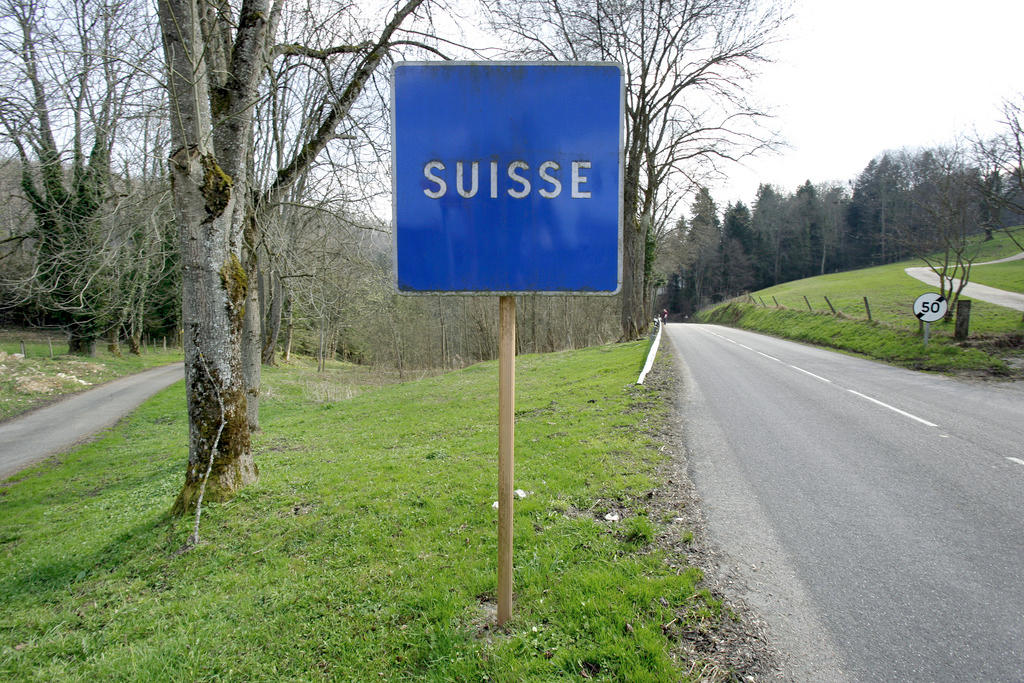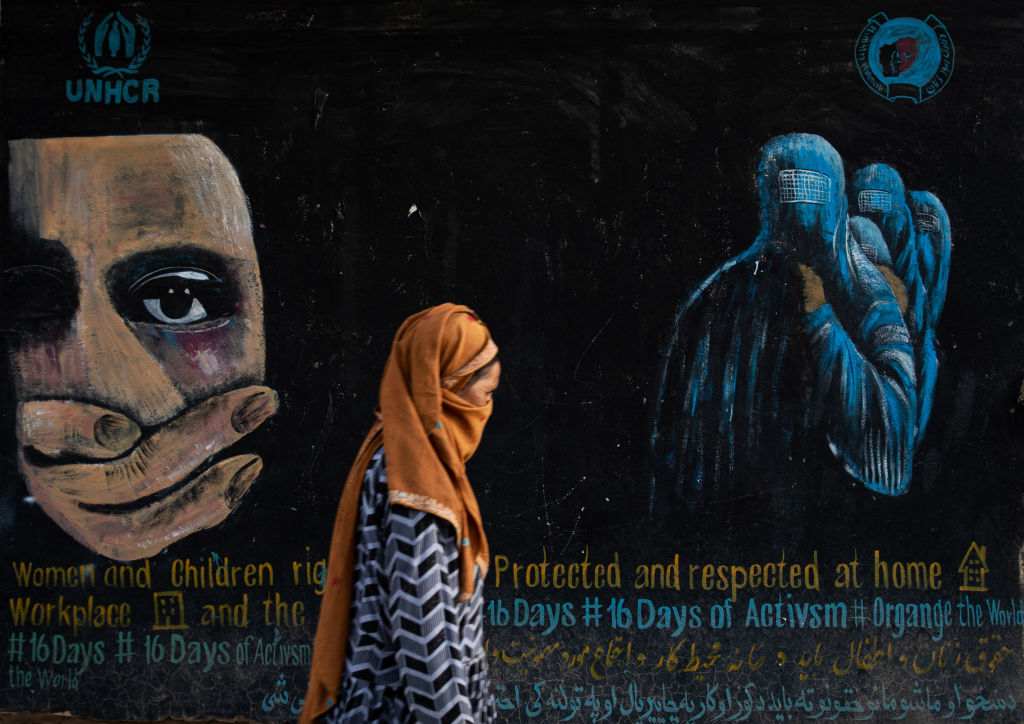
Jura dialect recognized as minority language in Switzerland

The Swiss government has decided to recognize the dialect of the Jura region as a minority language in Switzerland, reports the Swiss broadcaster RTS.
This decision, made discreetly at the beginning of the month, is in line with a recommendation from the Council of Europe and its Charter on regional or minority languages.
Some 3,000 to 4,000 people speak or understand the dialect known as “Patois jurassien” and they are delighted at the decision, reports RTSExternal link. They hope it will bring federal funding for initiatives to keep the language alive. Maurice Jobin, president of the Jura patois speakers’ association, also told RTS that Jura will host the francophone Swiss and international patois festival (“Fête romande et internationale des patois”) in September 2021.
The federal government has already recognized the “patois” of cantons Valais, Fribourg and Vaud as minority Swiss languages, but the roots of “Patois jurassien” are different. The Jura dialect is “Franc-Comtois”, whereas the others are Franco-Provençal.
+Read more about Switzerland’s dialects
The decision gives new visibility to the dialects of francophone Switzerland, says RTS. These endangered languages are the subject of research and of numerous cultural projects supported by the cantons.
Switzerland has already recognized Romansh and Italian as minority languages in Switzerland in the sense of the European Charter. It also recognizes Yenish and Yiddish as languages that are not territorially tied.

In compliance with the JTI standards
More: SWI swissinfo.ch certified by the Journalism Trust Initiative















![The four-metre-long painting "Sonntag der Bergbauern" [Sunday of the Mountain Farmers, 1923-24/26] had to be removed by a crane from the German Chancellery in Berlin for the exhibition in Bern.](https://www.swissinfo.ch/content/wp-content/uploads/sites/13/2025/12/01_Pressebild_KirchnerxKirchner.jpg?ver=a45b19f3)













You can find an overview of ongoing debates with our journalists here . Please join us!
If you want to start a conversation about a topic raised in this article or want to report factual errors, email us at english@swissinfo.ch.